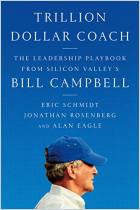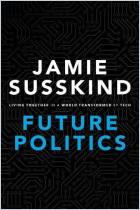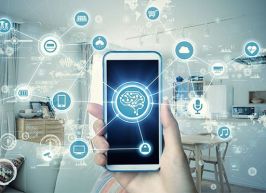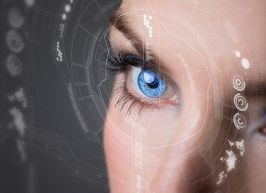Rejoignez getAbstract pour lire le résumé !

Rejoignez getAbstract pour lire le résumé !
Jared Cohen and Eric Schmidt
The New Digital Age
Transforming Nations, Businesses, and Our Lives
Vintage Books, 2013
Aperçu
The new digital age will bring significant changes to life, politics, work, nations, revolution, war and peace.
Recommendation
This intelligent, articulate and far-reaching discussion addresses nearly everything in the digital world, from teen indiscretion to cyberwarfare. Eric Schmidt and Jared Cohen of Google, two people who really do know how the digital revolution manifests around the world, offer many striking examples. These insiders explain digital developments, positive and negative, that most people don’t consider. In fact, several of the phenomena Schmidt and Cohen describe – such as terrorist cyberattacks and cellphone videos of crimes – are already the stuff of today’s headlines, making this required catch-up reading. getAbstract recommends this essential, accessible narrative to futurists, investors, start-ups and anyone interested in Google, the future of digital, cyberculture and globalization.
Summary
About the Authors
Eric Schmidt is executive chairman of Google and a trustee of Princeton’s Institute for Advanced Study. Jared Cohen is founder and director of Google Ideas. He wrote Children of Jihad and One Hundred Days of Silence.























Comment on this summary